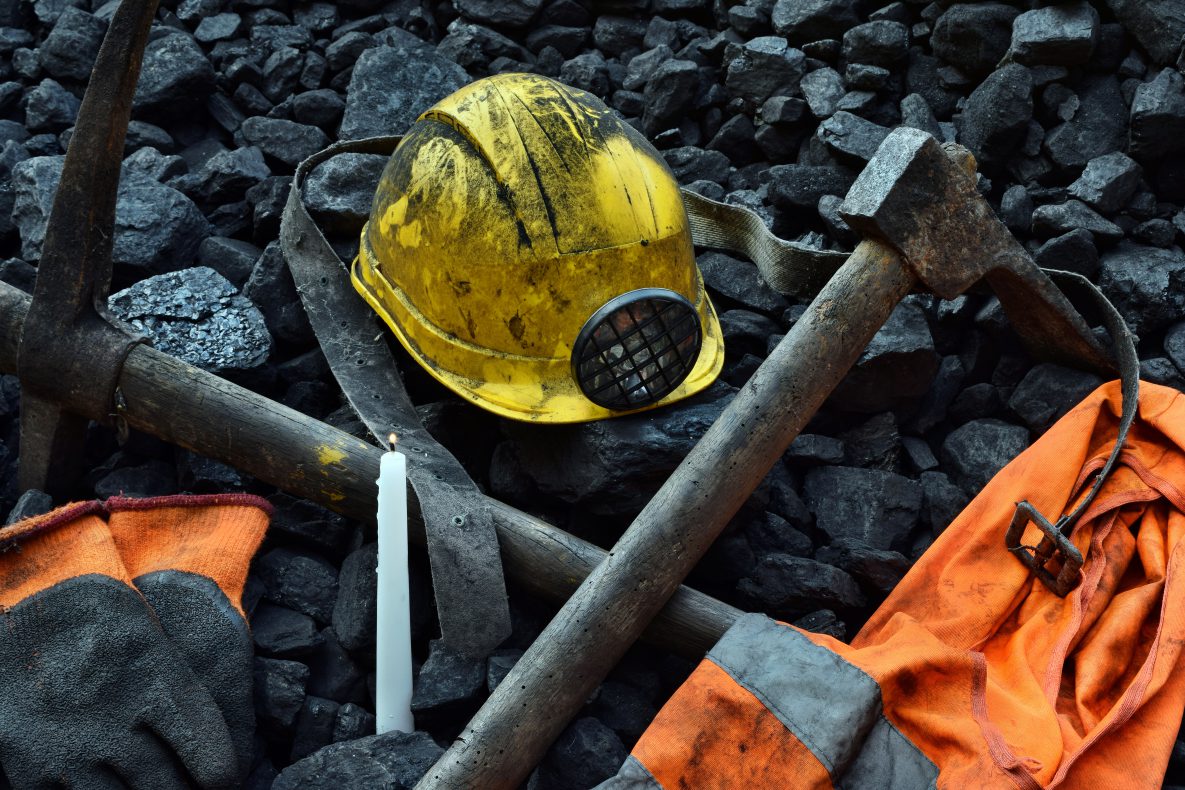A Taylor County coal miner was killed on the job, Gov. Jim Justice said Friday, the second fatally injured in recent months at the same mine.
Colton Walls of Bruceton Mills, a longwall electrician at the Arch Resources Leer Mine, died of his injuries Friday, Justice said.
Walls, 34, is the fifth coal miner to sustain fatal injuries on the job in West Virginia this year. A total of 10 coal miners nationwide have died this year, according to federal data.
In August, another worker died at the Arch Resources Leer Mine in Taylor County. A worker died last month at the Arch Resources Mountaineer II mine in Logan County.
The state Office of Miners Health, Safety and Training and the federal Mine Safety and Health Administration are investigating.
A request for comment from Arch Resources did not result in an immediate response. St. Louis-based Arch and Consol Energy, of Canonsburg, Pennsylvania, plan to merge early next year to form Core Natural Resources.
